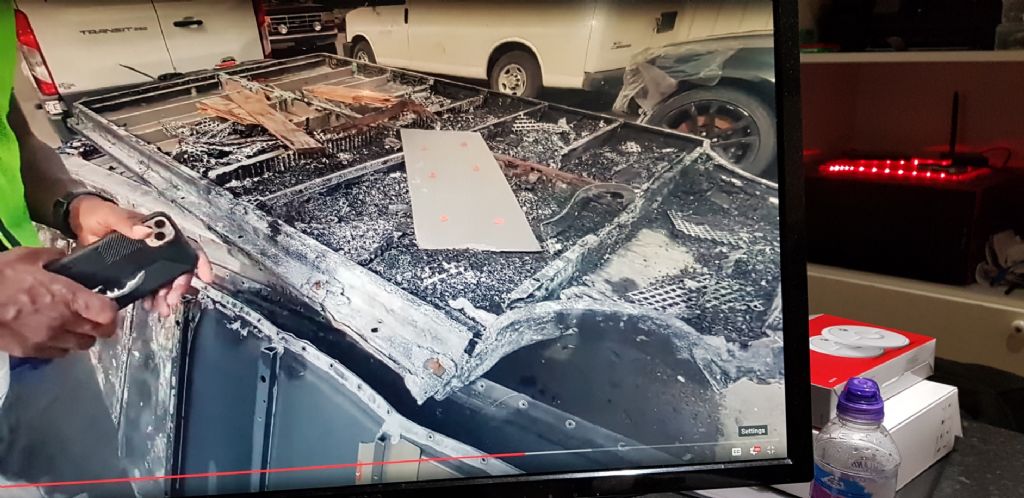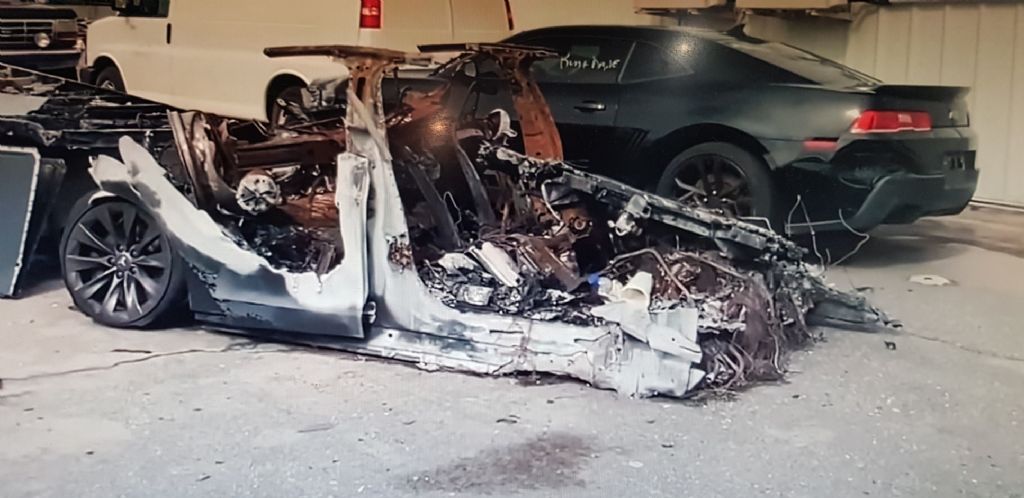Posted by Steviegtr on 20/11/2020 23:34:24:… My old pal was a jeweller. They bought a few little boxes & he kept raving about them. He said this guy had invented them. He had these small devices that each morning you filled with a cup of water. Plugged in to a skt & within a short time he lit the flame on the jewellers torch. This torch ran all day on a cup of water.
He said the guy who invented them had invented a car that ran on water, BP energy bought his patent for a lot of spondula's & he could have retired .
He moved his business over to making these little blowtorches.
I would have bought a small island & lived in luxury, but some folk just need to work.
B.P & the rest will not release this tech until the time i right.
Anyone believe this or heard that this tech actually works. There was also talk of an Indian guy who invented the same but strangely disappeared. …
Mostly Urban Myth, with a dash of truth. I first heard it at school, when the technology was allegedly perfected by the RAF during WW2 and suppressed as a military secret because it would have saved the Nazis. The secret has since been hidden along with the Ark of the Covenant, flying saucers and death rays.
Dimly remembering Heavy Water is something to do with E=mc² gives the idea a certain credibility, provided you didn't major on science at school. In the real world, no need for sinister disappearances because the nature of the chemical bond is well understood. The amount of energy released by burning Hydrogen and Oxygen is known, and so is the amount of energy needed to break water back into Hydrogen and Oxygen. Reversing can be done chemically, but electrolysis is cleaner.
Burning fossil fuels to make the electricity needed to turn water into Hydrogen and Oxygen isn't cheap, though the method is economic at remote locations (like a rural hospital needing Oxygen in New Guinea), and for the small workshop burners used by Jewellers.
So the technology exists, but it's cheaper at the moment to make bulk Hydrogen from Methane and bulk Oxygen from Air. However in future, electrolysis has a rosy future because it's a way of storing Green Energy. Perhapst the biggest problem with Green Energy is it can't be turned on an off like a tap. Mother nature doesn't deliver solar power at night, and is otherwise uncooperative. She belts out free energy in massive quantities when no-one wants it, and then cuts out at inconvenient moments. Storage is essential, and electrolysis can do that.
Electric car batteries are another way of storing green energy. It makes sense to recharge cars while their owners are asleep because wind power usually provides excess capacity at night. And electricity isn't like petrol in that energy can be taken back by the grid. Millions of electric cars could be used to balance the network.
The idea obviously doesn't make sense when cars are used for long journeys, or have to be ready to go at short notice, but most cars aren't like that: I used to drive 30 miles a day to work, and my maximum weekend journey would be about 100 miles. Longer distances involved hire cars, trains and planes. My car spent about 22 hours a day parked up, more now I'm retired, and it wouldn't matter if the grid used it to balance the load. Otherwise 15000 miles a year is an average 41 miles per day, which is well within electric range. It means most people, most of the time, could go electric without bother. There are many exceptions. Long journeys towing caravans over mountains is one, as is living in Montana. I guess those people won't use the same technology as urban dwellers.
Electric cars aren't direct substitutes for internal combustion. They have new shortcomings and new advantages, For example, if you enjoy acceleration, quite ordinary electric cars will burn off a petrol muscle car. It's because a battery can deliver power direct to a motor on all four wheels faster than a reciprocating engine can clank through the suck, squeeze, bang, blow cycle. Nor does the electric car waste energy in the transmission, cooling and lubrication systems : what's available goes straight to the road. On top of that electric cars are lighter. Seats and bodywork sit on a light flat plate and there's no heavy cylinder block, clutch, gearbox, drive shaft or differential to haul around.
Electric cars are superior to petrol in every way apart from one – the battery.
Interesting times ahead.
Dave
pgk pgk.






